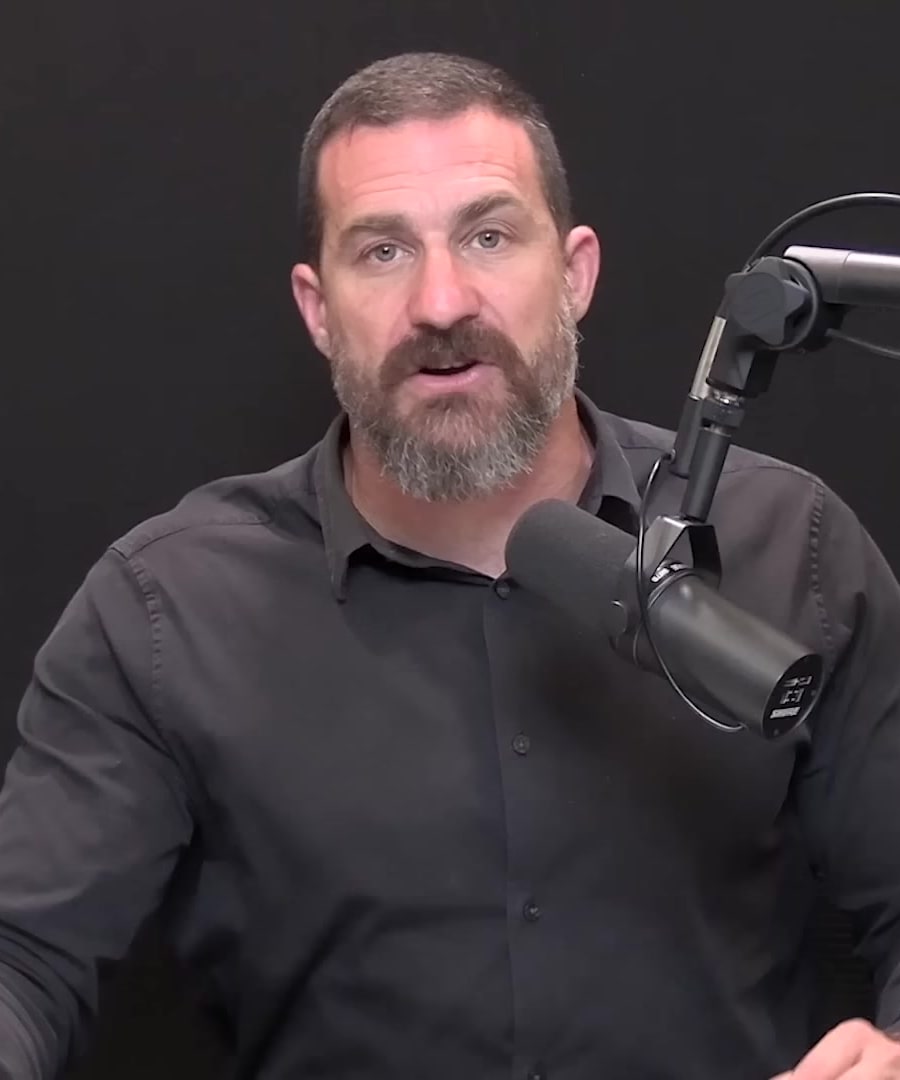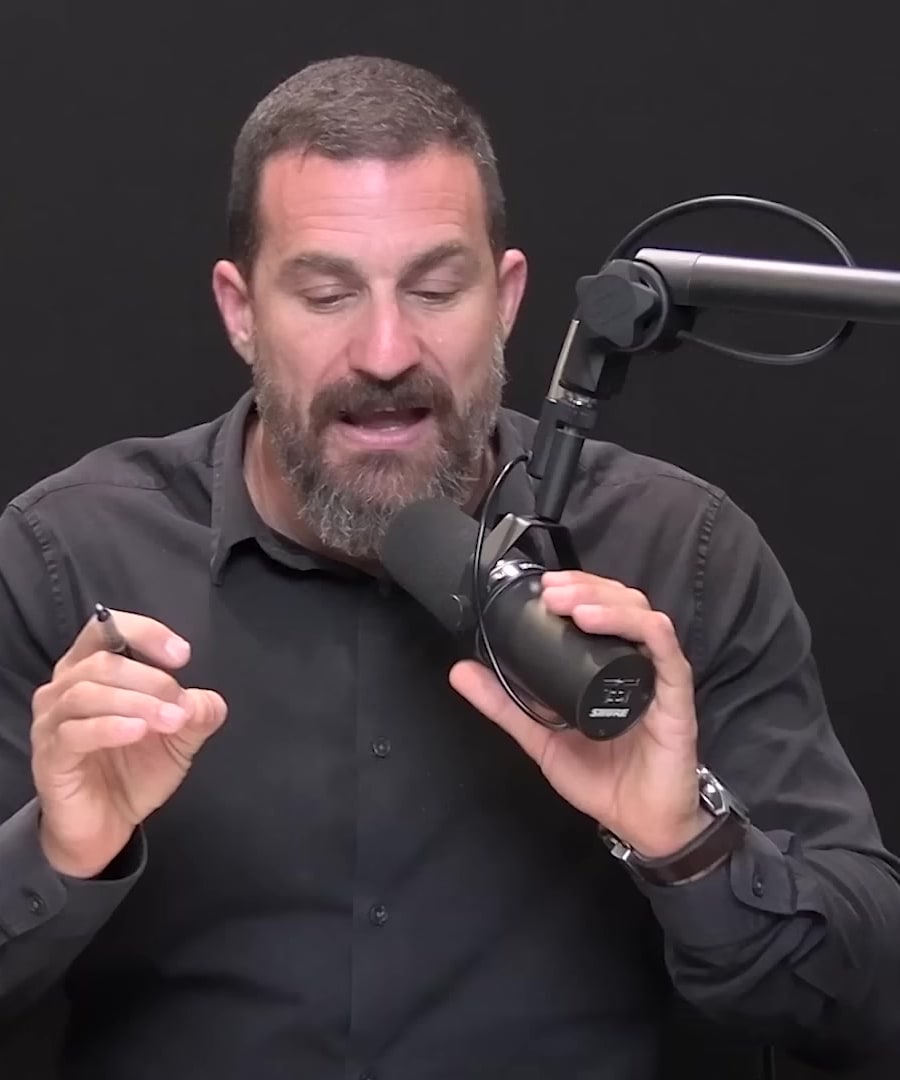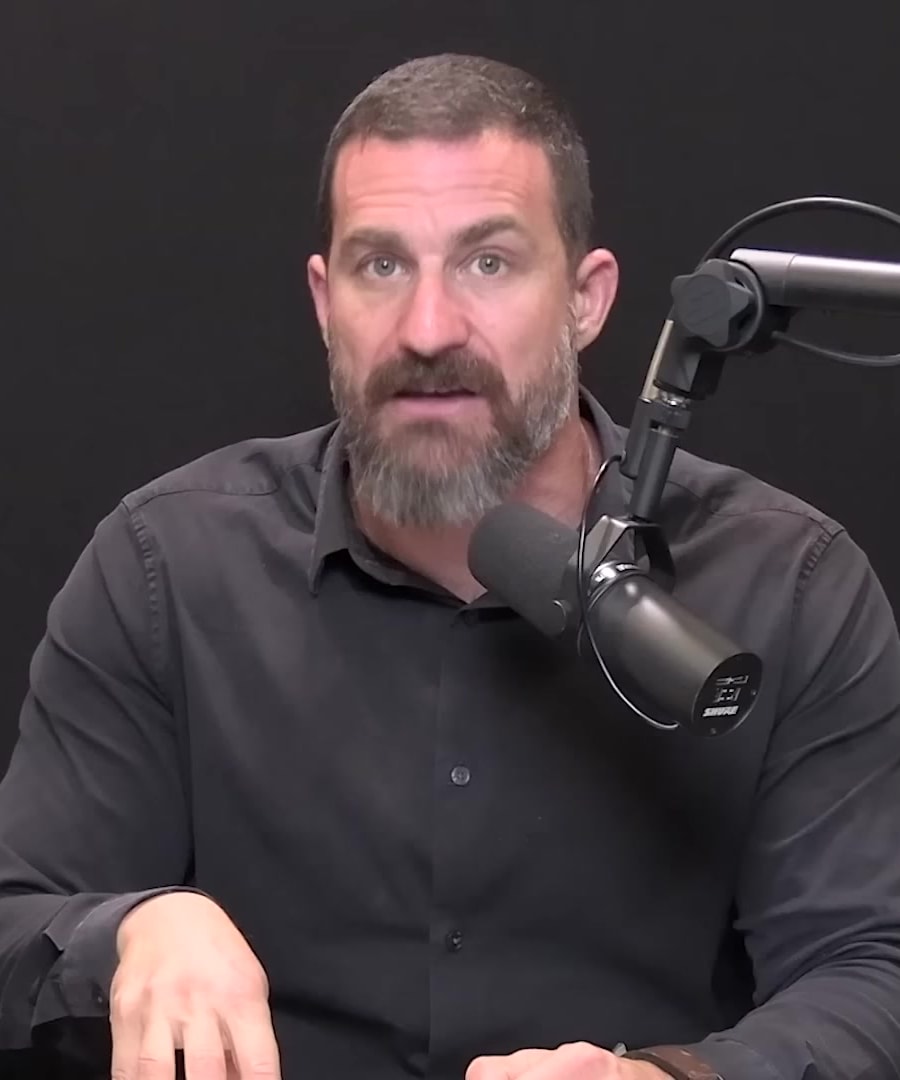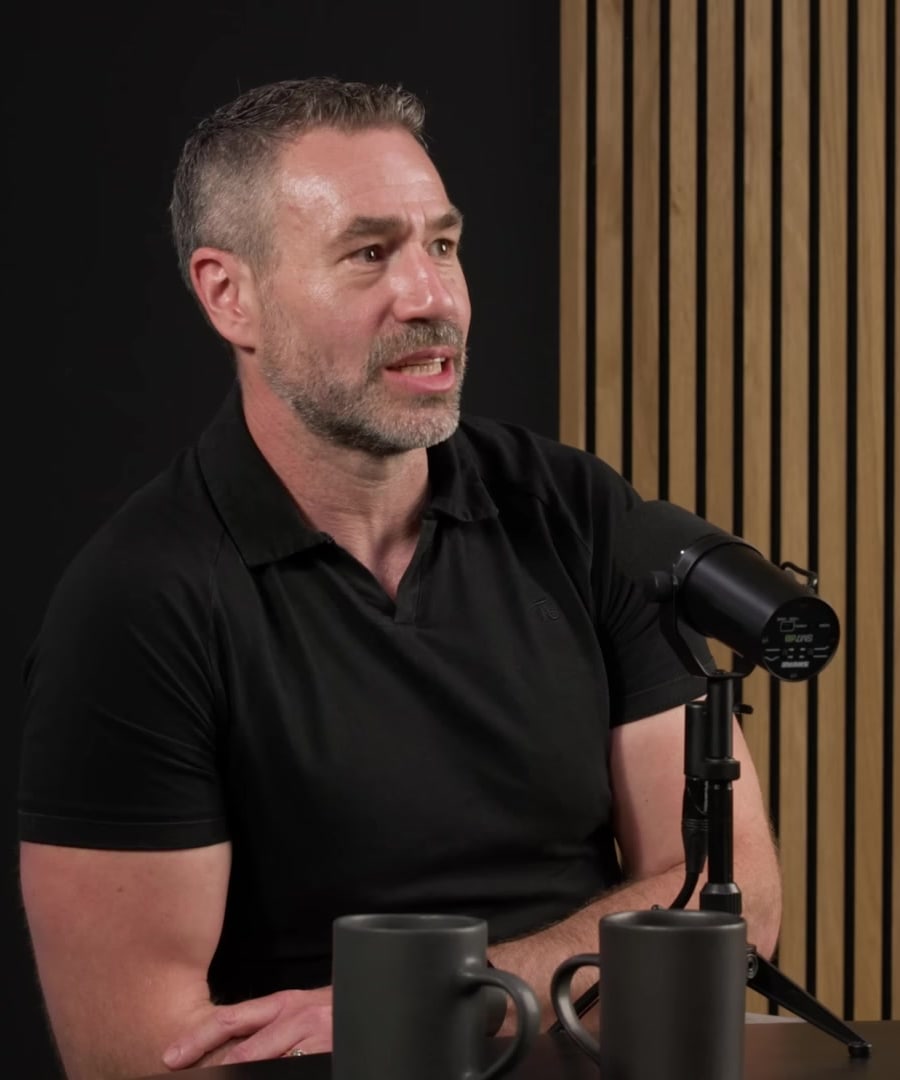Marijuana and testosterone
Sources:
The relationship between marijuana and testosterone is complex and influenced by several factors, such as the method of consumption (smoking vs. edibles) and the frequency of use.
Key Points from Andrew Huberman:
-
Smoking Marijuana and Hormones:
- Prolactin and Dopamine: Smoking cannabis increases prolactin, which is reciprocal with dopamine. Higher prolactin levels generally reduce dopamine and testosterone levels 1.
- Effects on Testosterone and Estrogen: Chronic smoking (more than twice a week) can reduce testosterone significantly and increase aromatase enzymes that convert testosterone to estrogen. This can lead to increased estrogen levels and potentially gynecomastia in males 2.
- Edibles: Edible forms of marijuana might not have the same prolactin-elevating effects as smoking, leading to fewer reductions in testosterone 1.
-
Analysis and Variability:
- Study Complexity: Human studies on cannabis are complicated due to variables such as self-reporting accuracy and individual differences in consumption methods 2.
- Variability in Effects: There are mixed results in scientific literature regarding marijuana's impact on testosterone, with some studies indicating increases and others decreases. Individual genetic predispositions and the form in which cannabis is consumed also play roles 1 3 4.
-
Additional Insights:
- Gonadotropin-Releasing Hormone: Cannabis can reduce gonadotropin-releasing hormone, which in turn reduces luteinizing hormone and follicle-stimulating hormone, impacting both testosterone and fertility in males, and ovarian function and health in females 3.
- Direct Effects on Testes: THC might directly affect sperm quality, independent of changes in testosterone levels 5.
In summary, cannabis, especially when smoked chronically, tends to increase estrogen and prolactin while decreasing testosterone. However, the effects can vary greatly depending on individual factors and consumption methods.
RELATED QUESTIONS-




